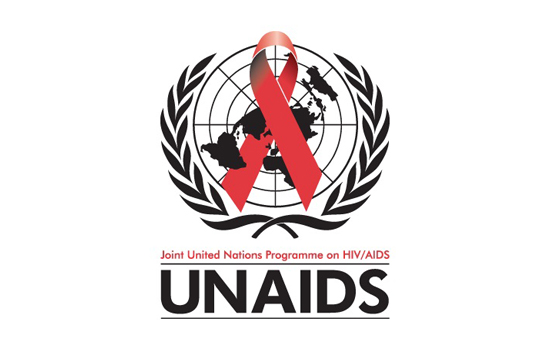Civil society groups and HIV advocacy organizations on Sunday raised alarm over plans to drastically downsize the UNAIDS Country Office (UCO).
Meanwhile, the Quezon City government leads the fight against human immunodeficiency virus (HIV) and Acquired Immunodeficiency Syndrome (AIDS) amid the staggering 500-percent increase in their total number of cases nationwide as reported by the Department of Health (DOH).
The proposed transition would reduce the office to a “one-staff office” within the next few months, according to a petition circulated by local stakeholders.
“The Philippines continues to register the fastest growing HIV epidemic in the Asia-Pacific region. At least 57 individuals are diagnosed with HIV on a daily basis and 33 percent of new infections are among young people aged 15 to 24,” the petition led by Action for Health Initiatives, Inc. (ACHIEVE) executive director Mara Quesada stated.
“We are far from achieving the 95-95-95 targets with only 55 percent of estimated PLHIV diagnosed, only 66 percent of diagnosed PLHIV on treatment, and only 40 percent virally suppressed as of first quarter of 2025,” the group warned, adverting to the 95–95–95 HIV testing, treatment and viral suppression targets set by UNAIDS.
From 2024 to 2026, the Philippine government’s 7th AIDS Medium Term Plan (AMTP) requires $823 million to close gaps in HIV prevention, testing, and treatment.
Current funding stands at just $402 million, reflecting a 51-percent shortfall that threatens progress on key health initiatives.
Civil society leaders argued that closing this gap will require not only more financing, but also continued technical expertise from UNAIDS.
“Even without the level of funding support that UCO used to be able to provide to the government and civil society and community organizations, the unique perspective of the UCO, which combines HIV science, health financing, civil society engagement and community systems strengthening is invaluable to addressing the HIV situation in the Philippines,” the petition read.
The plea called for UNAIDS to maintain a fully functional presence in the Philippines to support the country’s long-term response.
“We cannot lose any more allies,” the petition stressed.
Earlier, Health Secretary Teodoro Herbosa said President Marcos ordered public hospitals to simplify procedures for people living with HIV, ensuring faster access to free antiretroviral drugs and consultations, including a three-month medication supply per visit.
The DOH has also introduced appointment systems at major treatment hubs and launched an Food and Drug Administration-approved HIV self-testing kit available in pharmacies, while the Philippine National AIDS Council pushes the declaration of HIV a national public health emergency to unlock more resources and strengthen the country’s response.
On the local level, Quezon City remains on track in achieving its zero incidence target by 2030 despite the increase in reported HIV cases.
Mayor Joy Belmonte urged various government agencies, organizations, and her constituents to advance their fight against HIV and AIDS.
“With the significant increase of cases among ages 15 to 24, we make sure that all of them are receiving the treatment they need in our city’s Social Hygiene Clinics,” Belmonte said.
The city has seen a consistent and significant rise in HIV testing over the past three years.
From January to May 2025, over 21,000 people were tested, representing 16.7-percent improvement over the same period in 2024, 22.5 percent more than in 2023, and 60 percent more than in 2022.
At this pace, QC is reinforcing its commitment to early detection, holistic treatment and proactive prevention.
“We are strengthening our testing capacities so that we will be able to find those with HIV and link them to treatment,” city epidemiologist Dr. Rolando Cruz said.
“Because more tests mean more people are aware of their status, and that allows us to respond faster. The first step in fighting any epidemic is information,” he said.








